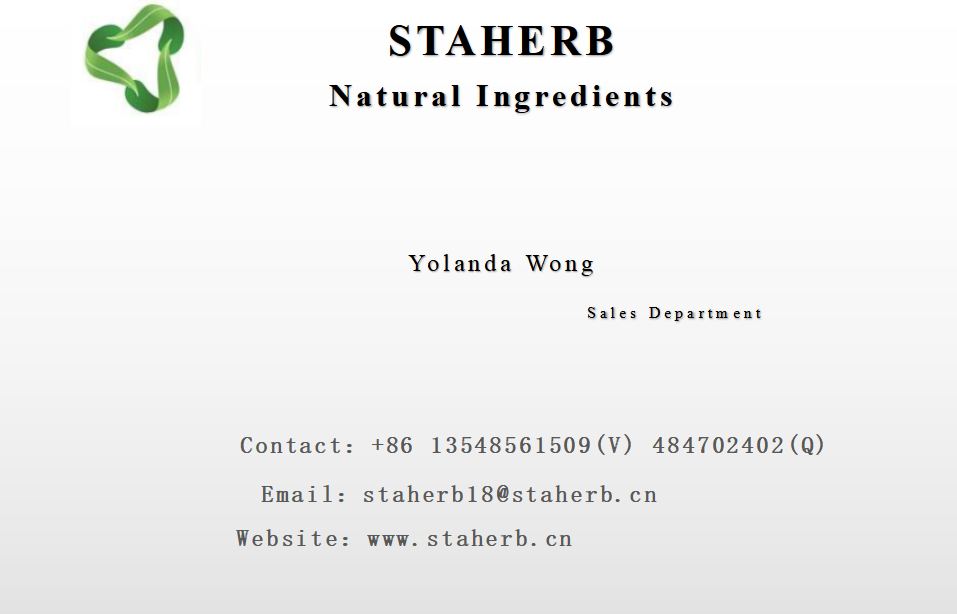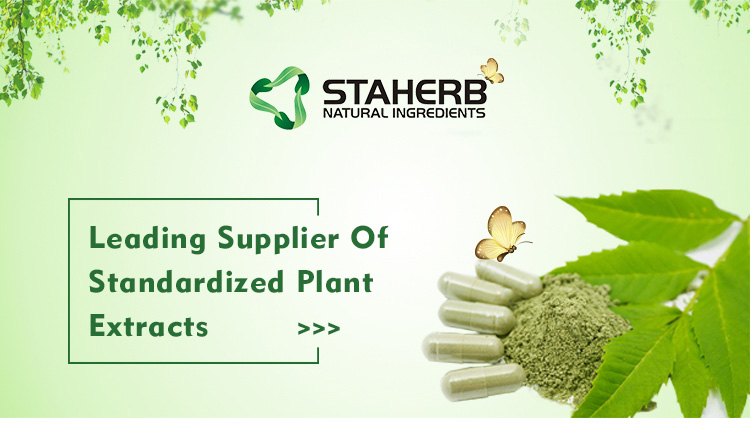March 23, 2023
Tag:
With the improvement of consumers' requirements for meat food and the implementation of the concept of healthy breeding, the green and sustainable development of animal husbandry has become the focus of attention in the breeding industry, and green feed additives are gradually recognized. The phenolic substances in tea extracts are collectively known as tea polyphenols, which have good antioxidant, anti-inflammatory, antibacterial, anti-cancer, anti-tumor and other functions. Tea polyphenol extraction process is gradually mature, the composition is clear, non-toxic and non-residual, as a green feed additive in farming production with good application effect, in 2013 was listed in the feed additive directory.

The composition and biological function of tea polyphenols
Tea polyphenols are the main functional substances in tea, accounting for 20%~42% of the dry matter of tea leaves, and the content of tea polyphenols varies greatly among different kinds of tea leaves. Tea polyphenols have antioxidant, anti-inflammatory, antibacterial, anti-cancer, anti-tumor and other functions, is a safe, non-polluting green feed additives, can replace synthetic antioxidants, as a free radical scavenger in animal feed to play a positive role in animal growth.
1 Antioxidant effect
Tea polyphenols antioxidant capacity, significantly better than vitamin C and vitamin E, can be used as a powerful, safe, natural antioxidants. In vitro studies have shown that the active ingredients of tea polyphenols can reduce the level of reactive oxygen species, improve cell viability, and regulate the phosphorylation level of Akt and JNK pathways to inhibit H2O2-induced apoptosis. In addition, tea polyphenols can restore the activity of antioxidant enzymes such as superoxide dismutase SOD, catalase CAT and glutathione peroxidase GPH in the body, and resist oxidative factors by regulating enzyme activities. In the antioxidant cell signaling pathway, antioxidant enzymes and detoxification gene activities are mainly regulated by NF-E2-related factor 2 (Nrf2). The actives in tea polyphenols stimulate epithelial cells, enhance antioxidant enzyme activities and promote the release of nuclear translocation Nrf2, thus promoting antioxidant function under oxidative stress conditions, improving the overall antioxidant function of the body and reducing oxidative stress.

2 Antibacterial effect
Tea polyphenols have an inhibitory effect on Gram-positive and negative bacteria, such as Enterococcus, Staphylococcus aureus, Streptococcus, Salmonella and Escherichia coli, and produce bactericidal effects by disrupting bacterial cell membranes, inhibiting fatty acid synthesis and inhibiting enzyme activity. The outer membrane of Gram-negative bacteria is mainly composed of negatively charged lipopolysaccharides, so tea polyphenols have a better inhibitory effect on Gram-positive bacteria. Tea polyphenols can also act on specific reductases in bacterial fatty acid synthesis, such as inhibition of dihydrofolate reductase activity, thus impeding bacterial synthesis of nucleic acids. Tea polyphenols can inhibit the growth of nearly 100 species of bacteria, and the inhibitory effect increases with the concentration, in addition, tea polyphenols on the proliferation of beneficial bacteria such as lactobacilli and bifidobacteria in the intestinal tract has a promotional effect, to further optimize the intestinal microbial structure of animals and improve the intestinal environment.
3 Anti-cancer effect
In vitro and in vivo studies have shown that tea polyphenols are involved in the cell cycle of apoptosis, cell proliferation, tumor growth and cell migration. It can inhibit the activity of enzymes required for DNA replication process in tumor cells, thus inhibiting DNA replication; it can also inhibit the expression of key enzymes in the cell cycle, blocking the tumor cell cycle through a cytokinin kinase inhibitor-cytokinin-cytokinin-dependent kinase mechanism; at the same time, it can significantly promote the expression of tumor suppressor proteins and induce apoptosis, thus blocking the tumor cell cycle; tea polyphenols can affect Tea polyphenols can affect nuclear transcription factor activator protein 1 (AP-1), mitogen-activated protein kinase and NF-kB signaling pathway, inhibit telomerase activity, regulate intracellular redox status and other mechanisms to inhibit tumor cell proliferation.
4 Other functions
Tea polyphenols also have the function of reducing cholesterol and lipid peroxide levels in plasma and muscle. In addition, tea polyphenols are believed to be associated with protein and phospholipid interactions in cell membranes, regulating processes such as signal transduction pathways, transcription factors, DNA methylation, and mitochondrial function. The free radical scavenging and antioxidant functions of tea polyphenols can also improve cellular immunity and help the body to resist radiation.


Contact Us
Tel: (+86) 400 610 1188
WhatsApp/Telegram/Wechat: +86 13621645194
Follow Us:




 Pharma Sources Insight January 2025
Pharma Sources Insight January 2025


